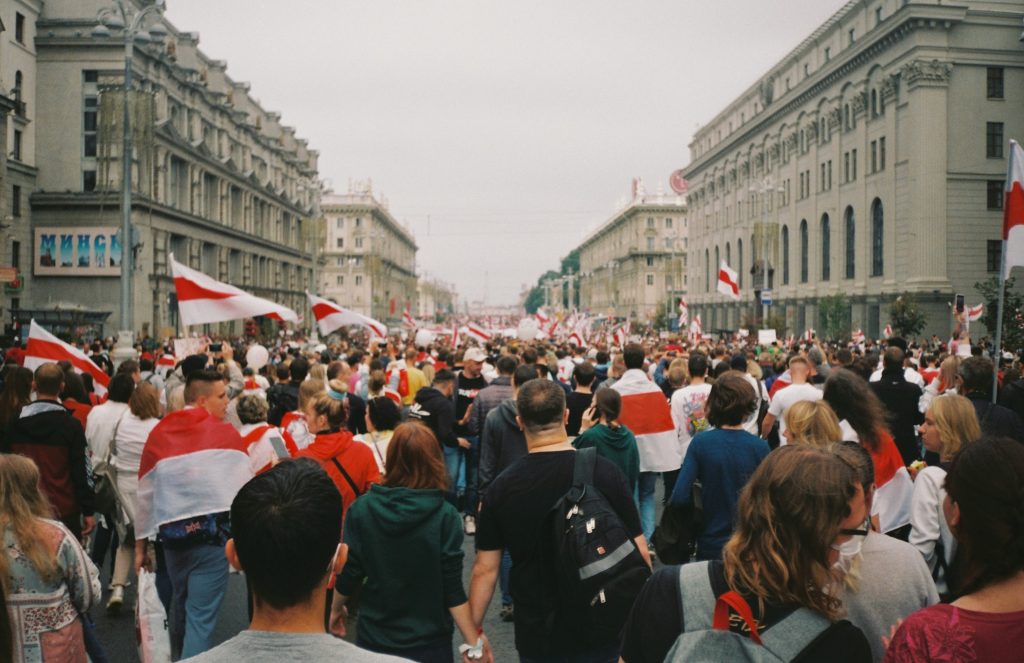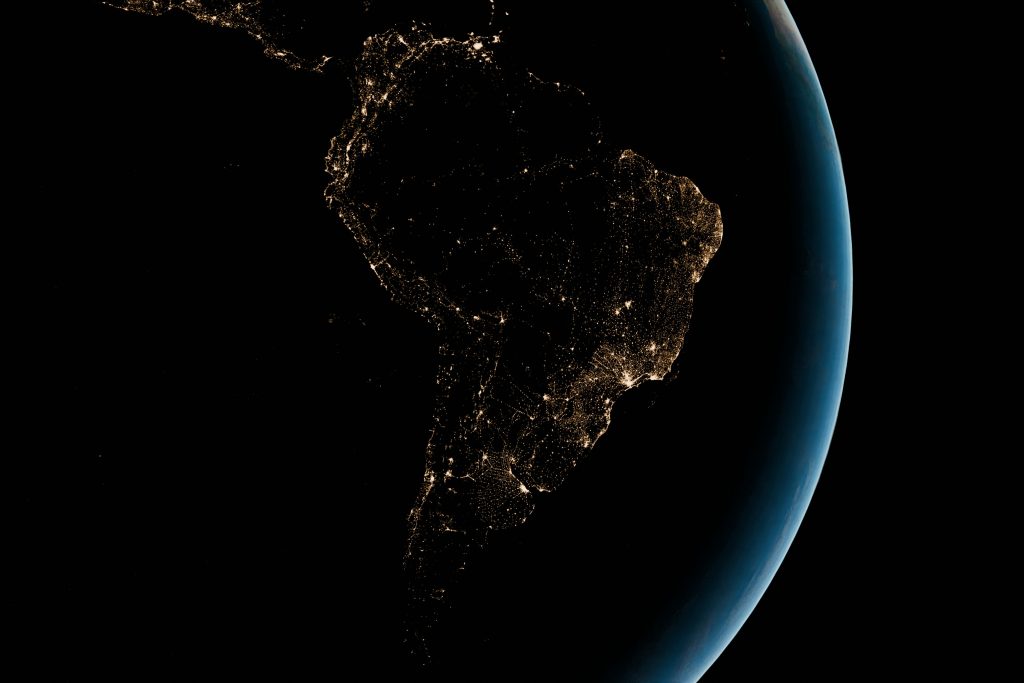A report last week from the UK’s Foreign Affairs Committee has shed light on a critical issue that has long been simmering beneath the surface of international diplomacy: the manipulation of multilateral organisations by repressive regimes.
El caso en cuestión es la elección del general de división al-Raisi como presidente de Interpol, una medida que suscitó asombro y preocupación en los círculos diplomáticos cuando fue elegido en 2021. Ahora, los diputados británicos han intervenido y la comisión parlamentaria ha llegado a la conclusión de que "la elección del General de División Ahmed Nasser al-Raisi, Inspector General del Ministerio del Interior en el momento de la tortura de Matthew Hedges, para la presidencia de INTERPOL no solo confirma nuestra preocupación por los procesos de gobernanza de INTERPOL, sino que representa un fracaso de la diplomacia británica y una importante injusticia para las víctimas." [1]
Interpol, al igual que otras organizaciones multilaterales, desempeña un papel fundamental en la gobernanza mundial. Estas instituciones están concebidas para fomentar la cooperación, garantizar la seguridad y promover valores compartidos entre los Estados miembros. Sirven de plataformas en las que las naciones, con independencia de su tamaño o poder, pueden expresar sus preocupaciones, solicitar ayuda y colaborar en retos comunes.
Interpol’s mandate transcends its operational role. Whilst the popular perception of the organisation that it has agents in trench coats on the ground is wildly inaccurate, it nonetheless performs a vital role in global policing and stands as a testament to a shared commitment to justice and security. Yet the sanctity and purpose of these international organisations are under threat. Repressive regimes, with their track record of human rights abuses and authoritarian governance, are increasingly seeking to control and manipulate these institutions for their own ends. The election of Major General al-Raisi, a figure with a controversial background, to the helm of Interpol was a glaring example of this this.
The UK cannot afford to be a mere observer. It has a strategic and, perhaps, a moral duty, to shape these organisations. The Foreign Affairs Committee’s findings are alarming and the UK’s failure in the Interpol’s recent presidential election should be a wake-up call. It underscores the need for a more proactive and strategic approach to diplomacy, one that anticipates challenges and acts decisively to counter them.
The election of Major General al-Raisi to Interpol’s presidency has already cast a shadow over the organisation, one that might grow darker as the organisation gears up to elect its next Secretary-General. Interpol’s procedural rules paints a picture of a meticulous selection process, culminating in a vote at the General Assembly. Yet, as Jürgen Stock prepares to vacate his seat in 2024, nations are already positioning their candidates for role. The candidature hints from Stephen Kavanagh of the UK and Valdecy Urquiza of Brazil, coupled with China’s push to back its preferred candidate, underscore the geopolitical undercurrents at play.
The Foreign Affairs Committee’s findings have spotlighted a glaring flaw in global diplomacy: repressive regimes manipulating key institutions. Major General al-Raisi’s election to Interpol’s presidency wasn’t just a misstep; it’s a warning. As power plays emerge for Interpol’s next leadership, the UK must step up. It’s not just about a position; it’s about preserving global ideals and the UK needs to ensure that Interpol remains an emblem of cooperation and justice. The integrity of the institution hangs in the balance, and the UK’s proactive engagement will be pivotal in steering it towards a future that upholds the principles they were founded upon.
Si necesita asesoramiento jurídico de abogados especializados en difusiones rojas de Interpol sobre cualquier asunto relacionado con Interpol, póngase en contacto con nosotros aquí . Puede leer más sobre nosotros, aquí .
[1] https://publications.parliament.uk/pa/cm5803/cmselect/cmfaff/1915/report.html#heading-1
—
Imagen: CC BY-SA 4.0 [Courtesy: Creative Commons]



